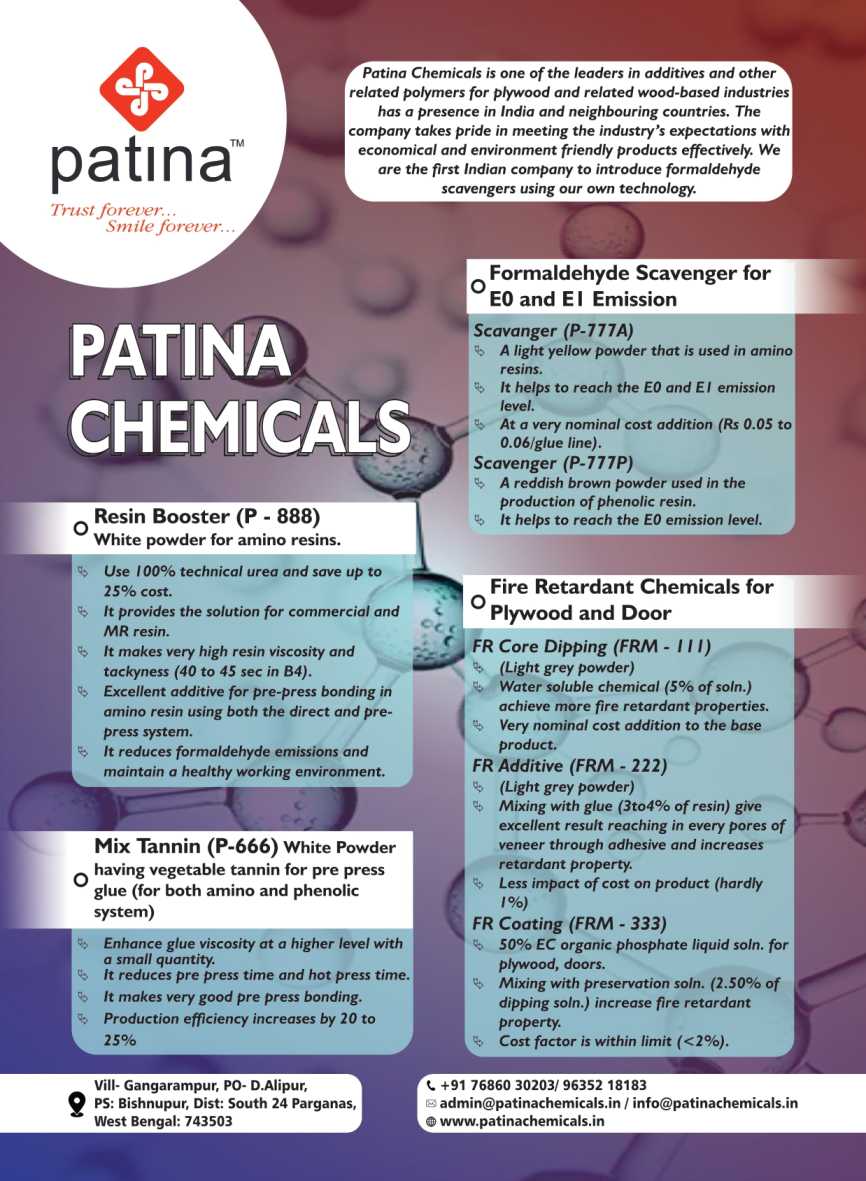
Dealing with GST fraud
- February 27, 2020
- 0
Dealing with GST fraud
Taxes and Customs (CBIC) concern, as expressed to the DGFT in a letter, is that exporters that enjoy a “star” status from the DGFT are allowed various concessions, including reduced paperwork and inspections. The CBIC feels that some of the star exporters are misusing this facility.
In particular, investigations by the Directorate General of GST Intelligence and Directorate General of Revenue Intelligence over the past months have identified exporters who have fraudulently claimed refunds of integrated goods and services tax (IGST) payments. According to the authorities, the problem of fake invoices is widespread; using these fake invoices, the exporters claim crores of rupees in input tax credit and then they use that for the payment of IGST for exports. Subsequently, they claim IGST cash refunds. This scam relies on mis-declaration of shipments and of inputs.
It is important that the government increase the degrees of checks and balances in the system to ensure that there is no large-scale fraud occurring.
However, in this case, it is clear that the requirements of the DGFT and of the CBIC are at odds. A higher level balancing of the two needs is required. The CBIC will naturally think purely in terms of what is required from the point of view of restoring GST revenues closer to what was earlier expected. The DGFT, meanwhile, needs to prioritise the longer-term requirements of the Indian economy, namely ensuring that exporters are not subject to intrusive and troublesome paperwork.
Naturally, it is incumbent on businesses to file taxes honestly, and the government should reach out to industry associations if need be to spread awareness of the costs and benefits of complying with GST. Businesses that do not comply will naturally wind up being subject to investigation, and so it is in industry’s interests to ensure that compliance is more widespread.
However, the balance between intrusive checks and investigations and ensuring compliance is tricky, and any changes to ease of doing business regulations must be carefully thought through.




























































